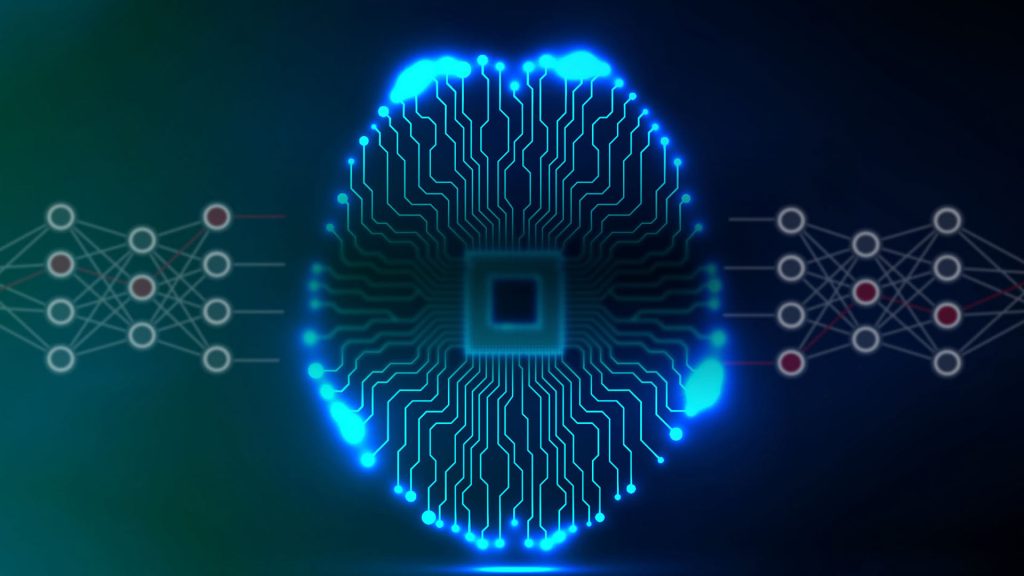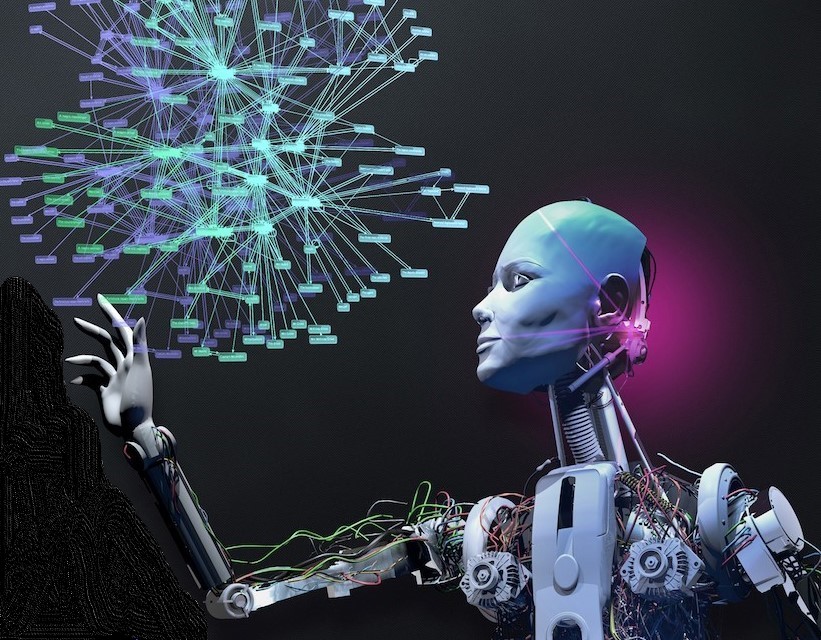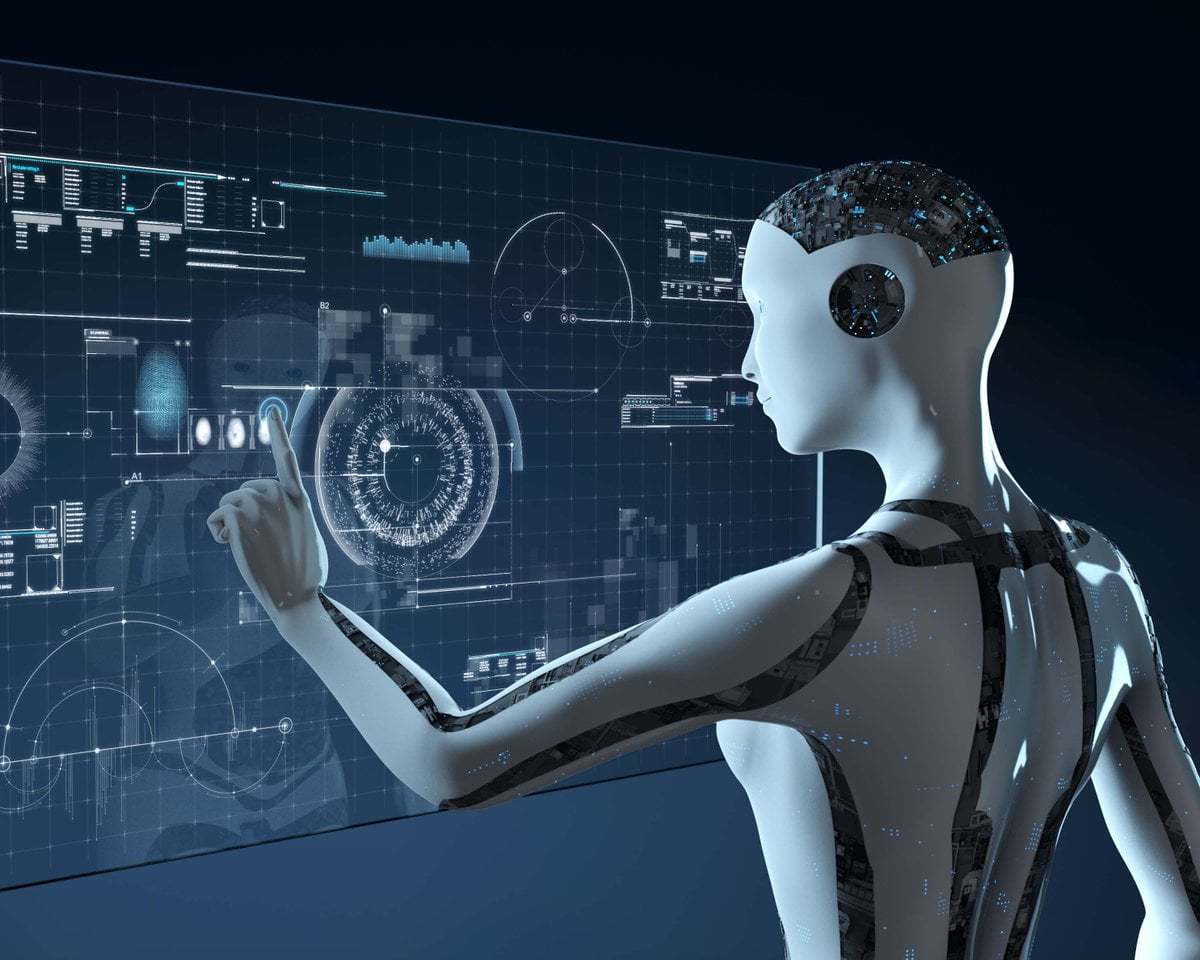In our increasingly interconnected world, privacy has become a precious commodity, and its preservation is more challenging than ever before. The rapid advancement of artificial intelligence (AI) technology has introduced both opportunities and threats to our privacy. This blog post explores the implications of AI on privacy, shedding light on key concerns and potential solutions.
AI-Powered Surveillance
One of the most prominent concerns surrounding AI and privacy is the proliferation of AI-powered surveillance systems. These systems, often deployed by governments and corporations, use facial recognition, image analysis, and data mining to monitor individuals’ activities and behaviors. While they can be valuable for enhancing security, they also raise serious questions about individual privacy and civil liberties.
Privacy advocates argue that such surveillance infringes upon our right to anonymity and can lead to mass surveillance, eroding personal freedom. It’s crucial to strike a balance between security and privacy by implementing strict regulations on AI surveillance systems and ensuring transparent usage policies.
Data Privacy and AI

AI heavily relies on data to function effectively. Machine learning algorithms require vast amounts of data to train and make accurate predictions. As a result, the collection, storage, and handling of personal data have become a central issue in the AI privacy debate.
To address these concerns, robust data privacy regulations like the General Data Protection Regulation (GDPR) have been introduced. These regulations give individuals greater control over their personal data, requiring organizations to obtain explicit consent for data collection and provide options for data deletion. AI developers must adhere to these regulations to protect user privacy while advancing technology.
AI Bias and Discrimination
AI algorithms are not immune to biases present in the data they are trained on. This can lead to biased decisions and discriminatory outcomes, which in turn, can negatively impact individuals’ privacy. For instance, biased AI algorithms can disproportionately target certain racial or ethnic groups, reinforcing systemic inequalities.
To mitigate this issue, AI developers must invest in fair and transparent AI systems. This involves carefully curating training datasets, regularly auditing AI algorithms for bias, and involving diverse teams in the development process to ensure fairness and inclusivity.
Privacy-Preserving AI

Despite the challenges, AI can also be used to enhance privacy protection. Privacy-preserving AI techniques, such as federated learning and differential privacy, allow AI models to be trained without exposing sensitive data. These approaches enable collaboration and knowledge sharing while safeguarding individual privacy.
Organizations should prioritize the adoption of privacy-preserving AI methods to build trust with users and adhere to ethical principles. By implementing these techniques, AI can be a force for good in preserving and enhancing privacy in the digital era.
User Awareness and Education
Ultimately, the responsibility for protecting one’s privacy also lies with individuals. Many people may not fully understand the extent of data collection and AI’s implications for their privacy. To address this, there is a need for comprehensive user education and awareness campaigns.
Users should be informed about how their data is being used, the risks involved, and the measures they can take to protect their privacy. By raising awareness, individuals can make informed decisions about the services and products they use, promoting a more privacy-conscious digital society. In conclusion, the rise of AI presents both challenges and opportunities for privacy in the digital era. AI-powered surveillance, data privacy, bias, and discrimination are pressing concerns that must be addressed through regulation and ethical development practices. However, privacy-preserving AI techniques offer a promising path forward, and user education can empower individuals to take control of their digital privacy. As AI continues to evolve, it is imperative that we prioritize the protection of our privacy rights in this rapidly changing landscape.


Leave a Reply